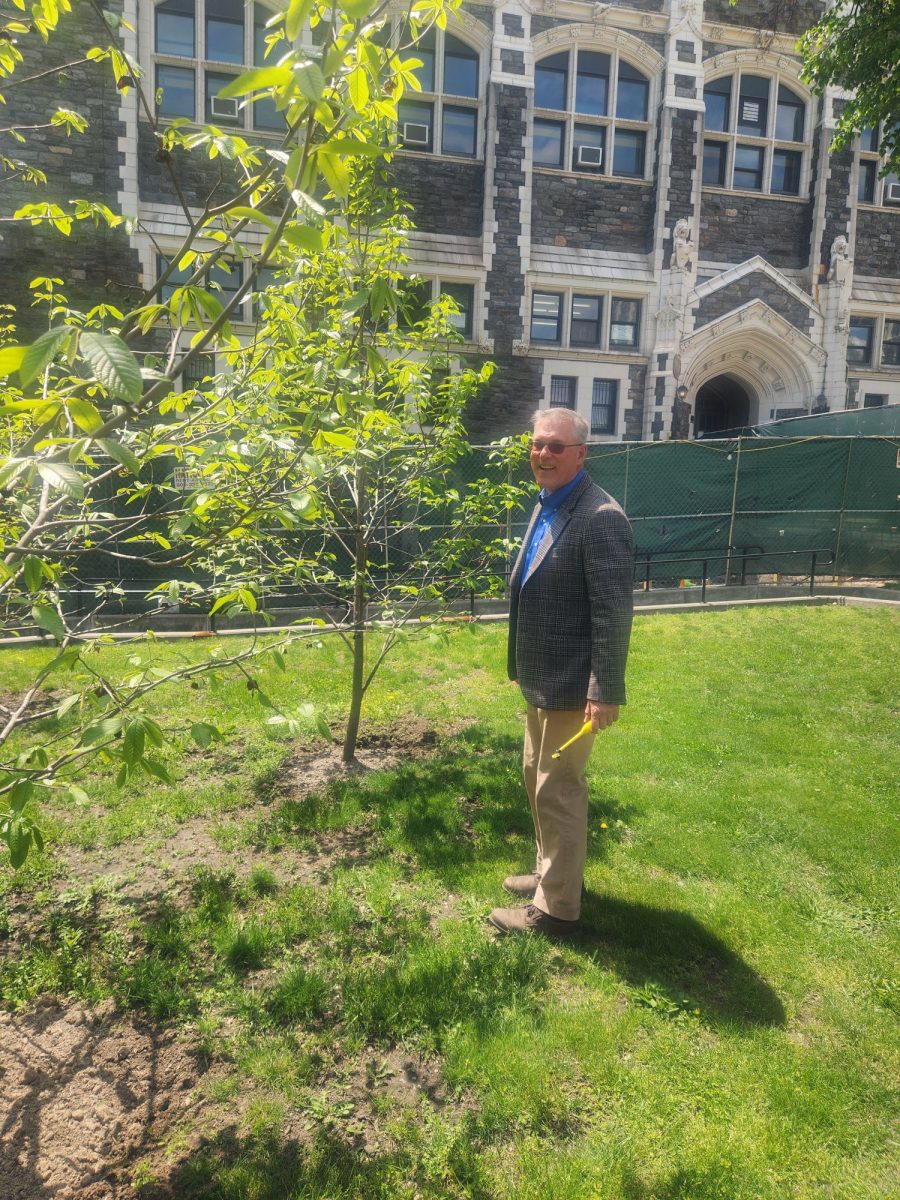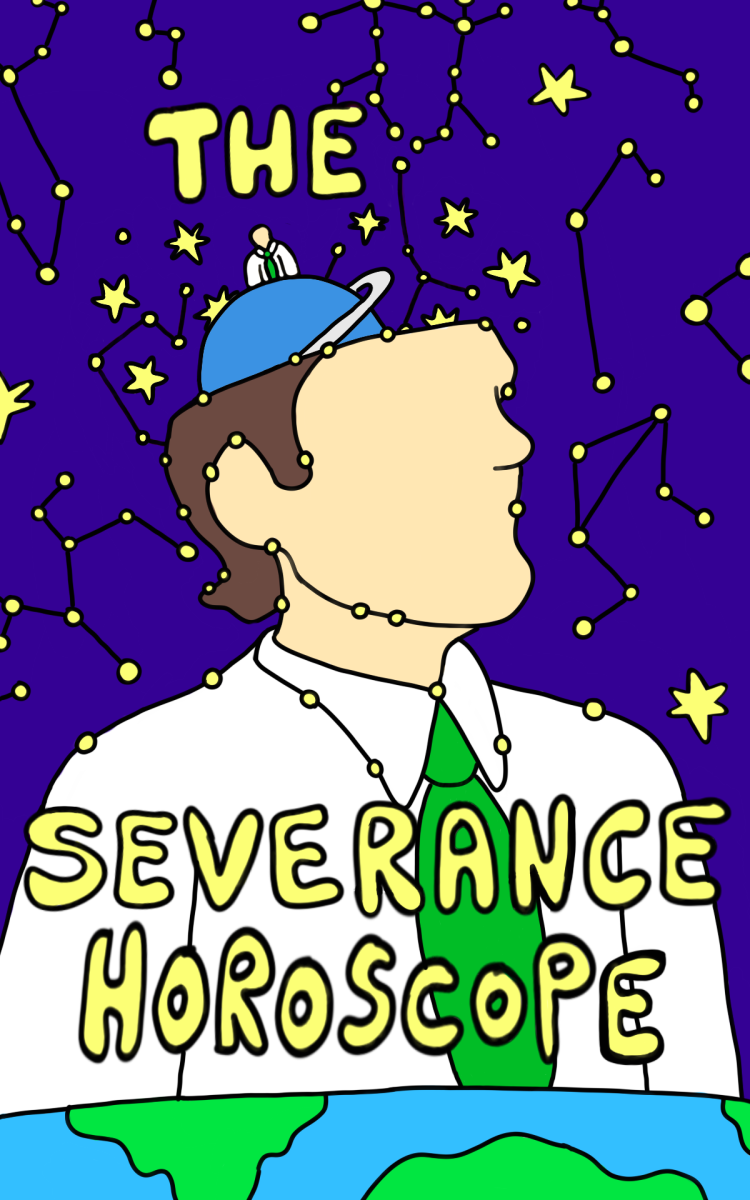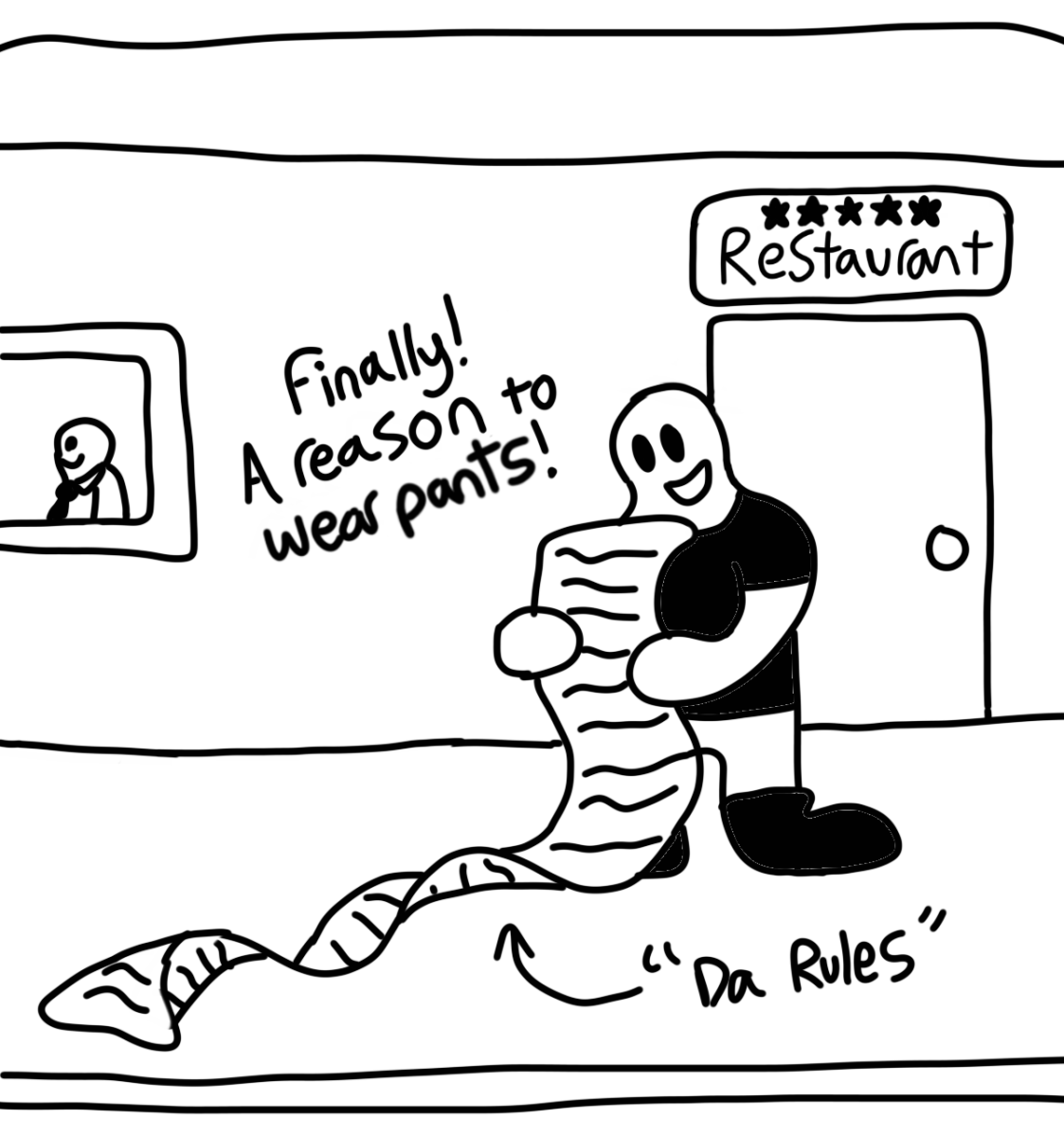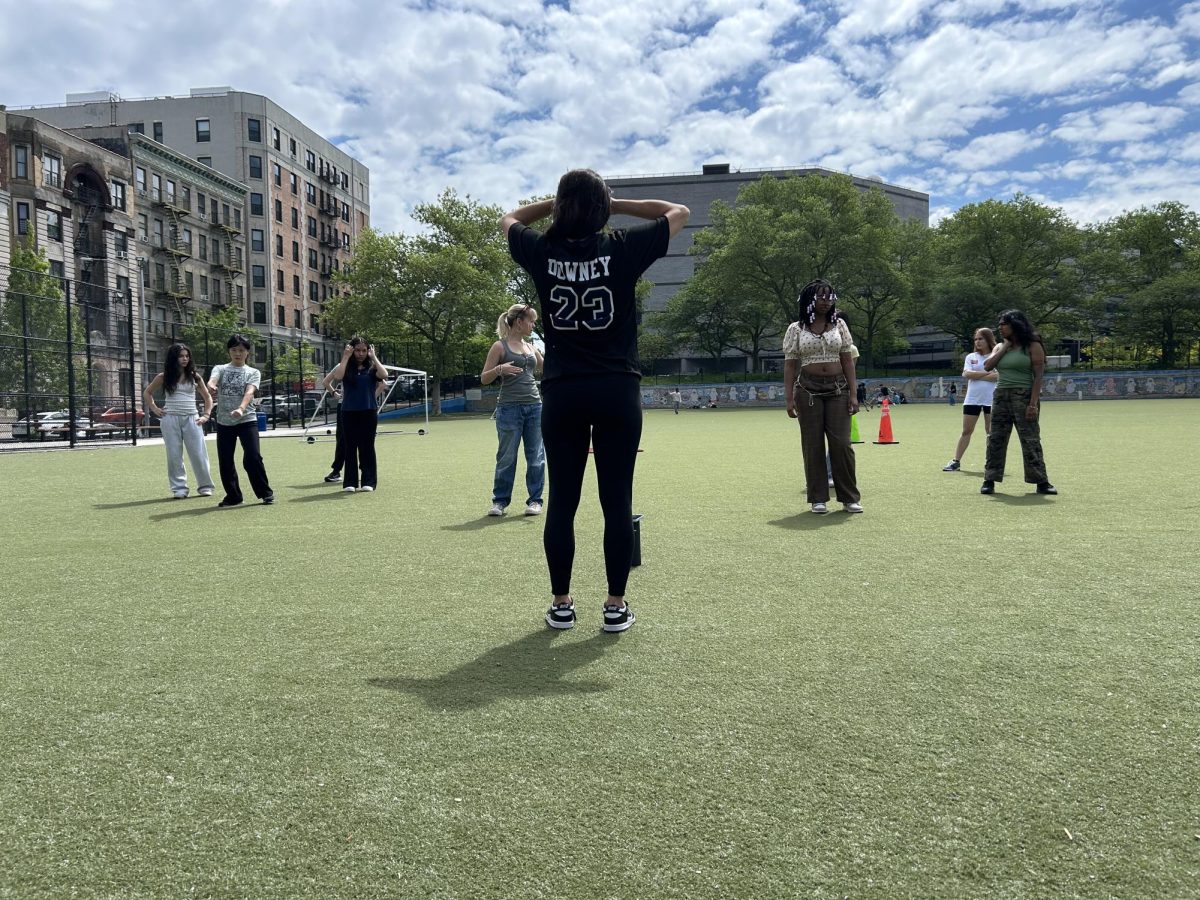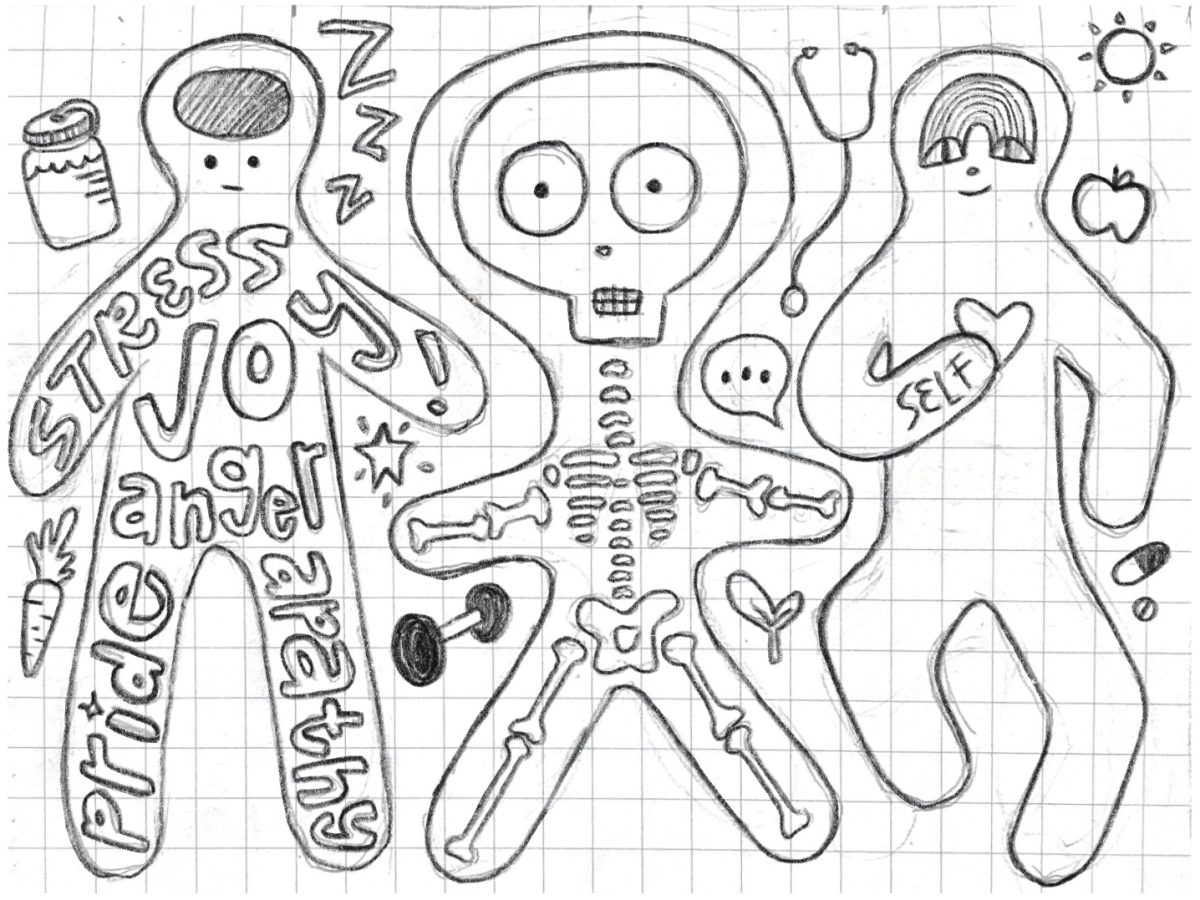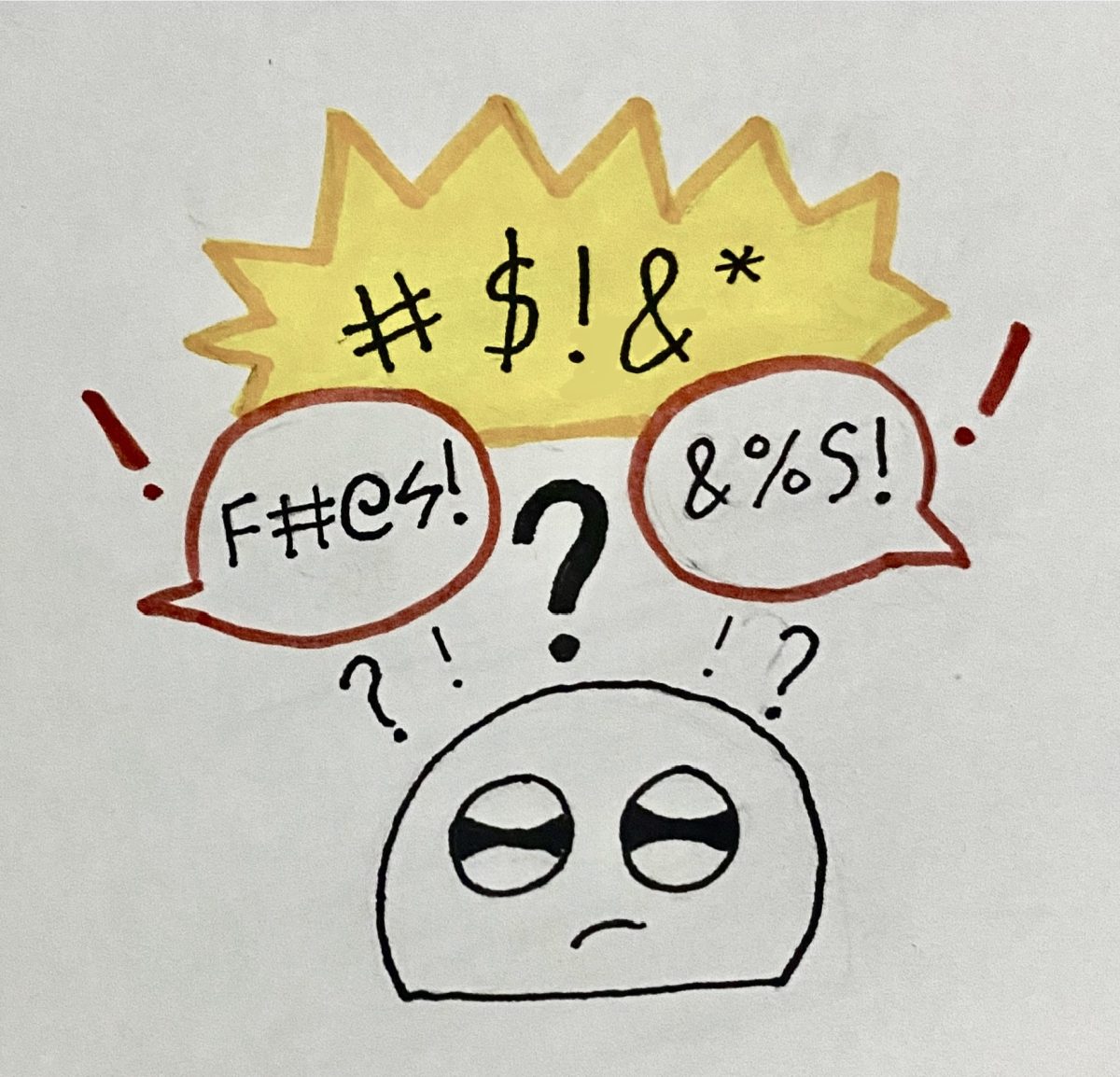It was a sunny day on the elementary school playground when I saw a hooded figure standing in a gated-off area reserved for the plants. I tried to ignore him, but he beckoned me over; I knew better, but a deeper curiosity compelled me to walk to him. As I got closer, I was able to recognize the hooded figure as a classmate from school. I hadn’t seen him much, but he usually wore brighter colors than the pitch-black hoodie he now donned. I approached, and he whispered, “I have a secret to tell you.” I almost left, but I was too curious. As I leaned in close, he whispered into my ear four words that left me aghast:
“I use curse words.”
Learning that kids my age swore was an unpleasant wake-up call for me, as I had previously believed in the innocence of my peers. After my eyes were opened that day, I realized that swearing was actually a lot more common than I had once thought. According to psychology professor Timothy Jay, author of Why We Curse and Cursing in America, the average adolescent uses an estimated 80 to 90 curse words a day. (I once had someone spew curse words at me for an entire minute, just because I advised them not to curse, and then walk away laughing with his buddies. This was in the sixth grade.) Even in my high school years, reading that number makes me a little queasy, because curse words have been taboo for basically my whole life. As a child, I hardly ever heard the adults around me curse, because they believed that teaching me to curse would ultimately be negative for my development.
With our generation, it’s a different story. The vast majority of youth—to adults’ dismay—have gone down a dark path and infused their vocabulary with all sorts of derogatory language. Even multiple years into hearing classmates throw around f-bombs for the heck of it, I still get disappointed every time I hear a curse word used, thinking back on the lessons of the adults around me. But it gets me thinking: Why might adults try to discourage kids from swearing when they do it so often? What about cursing might make it an “adult-only” activity? Let’s see…
Cursing’s benefits can’t be ignored. It is commonly used as an effective reliever of stress, anger, and anxiety. Notably, it isn’t controlled by parts of the brain that handle language processing, like Wernicke’s area or Broca’s area. Instead, cursing is handled by parts of the brain’s limbic system—meaning cursing is tied to social and emotional processing, rather than language expression. While language expression has to do with the way humans understand and translate words into thoughts and meanings that our brains can use, social and emotional processing deals with how we understand and respond to social and emotional cues. Cursing not only helps express certain emotions but also helps the brain process them by relieving some excess pressure. This is backed by a study published by PubMed Central, which discovered that in a group of 253 Pakistani individuals, those who cursed more frequently had much lower levels of depression and stress than those who cursed less frequently. Overall, swearing actually seems pretty helpful.
So what’s the downside? What about cursing makes it prohibited in many school and work environments? The short answer: nothing that can’t be said about other words. Just like any other kind of word, curse words can have times when they are and aren’t appropriate. They just have more social taboo because of their general connotation and potential for offense. That being said, I feel that cursing’s potential to offend opens up greater pathways for aggression than other words can. Cursing’s unique properties, including the fact that it’s an action that can be taken without a conscious thought, may cause people to use it against another when that person causes them anger or stress. But this doesn’t mean that it’s inherently tied to aggressive outcomes. As curse words gain higher prevalence in today’s society, it’s important for influential figures like parents and teachers to address cursing head-on and remind kids to use it responsibly.
It’s understandable why adults sometimes want to completely restrict children from cursing: It’s a double-edged sword, and as young people, we don’t often have the best judgement in the heat of the moment. Adults who limit our language are just trying to prevent us from having another tool in our inventories with which to harm others. It’s important to bridle our tongues, for just like the rudder of a ship, they’re small, but they influence our entire attitudes and personalities. Cursing shouldn’t be used to attack people: It never has been and never will be acceptable, for all it does is inspire aggression and hate. Therefore, my final words to you are: Spread the love! I’m not a professional, but I know that just like any action, swearing can be used to lift someone’s mood or bring them crashing down. So watch your language (against others)!










